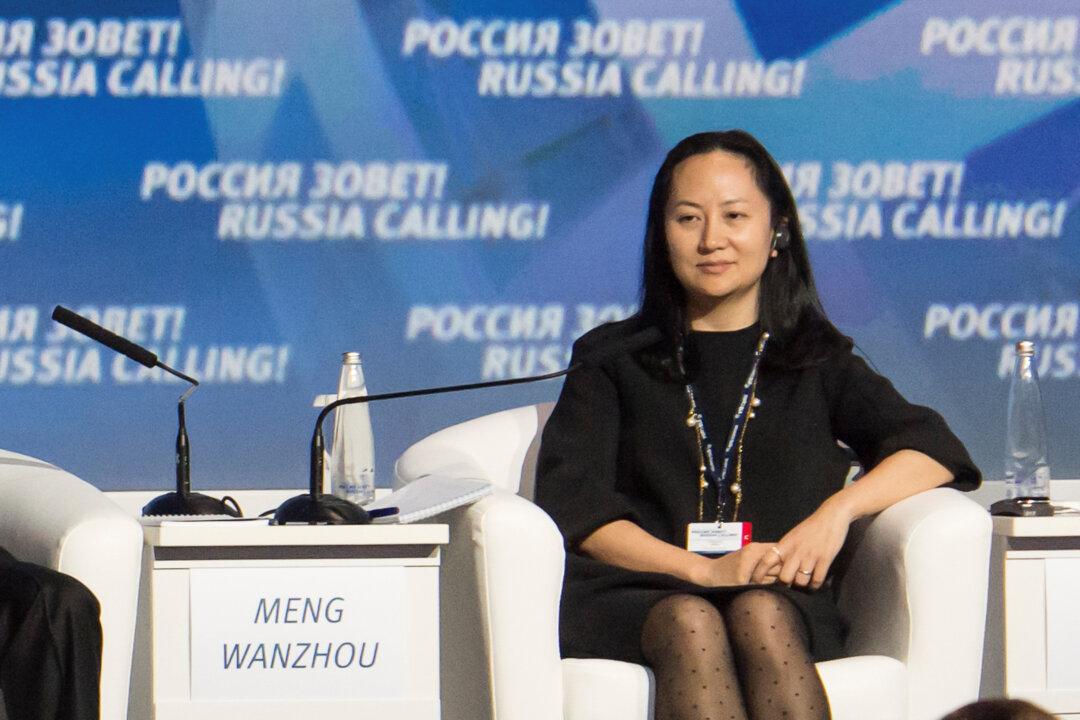News Analysis
The next step in the case of Huawei executive Meng Wanzhou’s arrest is the extradition process. The United States wants Meng to face trial in U.S. federal court. But will the Canadian authorities give her up?

The next step in the case of Huawei executive Meng Wanzhou’s arrest is the extradition process. The United States wants Meng to face trial in U.S. federal court. But will the Canadian authorities give her up?